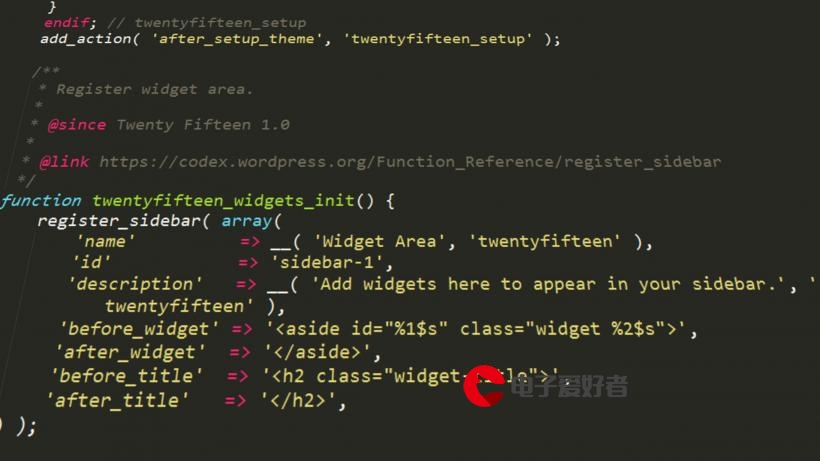 拓扑排序 leecode 207 Course Schedule"/>
拓扑排序 leecode 207 Course Schedule"/>
图 拓扑排序 leecode 207 Course Schedule
文章目录
- 207. Course Schedule
- Approach 1 : DFS topological sorting
- Approach 2: BFS
207. Course Schedule
/
There are a total of n courses you have to take, labeled from
0ton-1.Some courses may have prerequisites, for example to take course 0 you have to first take course 1, which is expressed as a pair:
[0,1]Given the total number of courses and a list of prerequisite pairs, is it possible for you to finish all courses?
Approach 1 : DFS topological sorting
class Solution {
private:vector<vector<int>> edges;vector<int> visited; // 0-no 1-visisting 2-vistedpublic:bool dfs_isCycle(int u) {if(1 == visited[u]) return true;if(2 == visited[u]) return false;visited[u] = 1;for (int v: edges[u]) {if (dfs_isCycle(v)) {return true;}}visited[u] = 2;return false;}bool canFinish(int numCourses, vector<vector<int>>& prerequisites) {edges.resize(numCourses);visited.resize(numCourses);for (const auto& info: prerequisites) {edges[info[1]].push_back(info[0]);}for (int i = 0; i < numCourses; ++i) {if (dfs_isCycle(i)) {return false;}}return true;}
};
```Explanation:__Q: How to distinguish the node that has been traversed from that is been traversing?A: Set note state
* **$\textcolor{Green}{Waiting} $**
* **$\textcolor{Red}{Running} $**
* **$\textcolor{Black}{Over} $**```java
class Solution {enum State {Waiting,Running,Over,}public boolean canFinish(int numCourses, int[][] prerequisites) {State[] mark = new State[numCourses];List<Integer>[] graph = new List[numCourses];for (int i = 0; i < numCourses; i++) {graph[i] = new ArrayList<Integer>();mark[i] = State.Waiting;}constructGraph(prerequisites, graph);for (int i = 0; i < numCourses; i++) {if (mark[i] == State.Over) continue;if (dfsHasCycle(graph, mark, i)) return false;}return true;}void constructGraph(int[][] pre, List<Integer>[] graph) {int n = graph.length;List<Integer> arr;for (int i = 0; i < pre.length; i++) {arr = graph[pre[i][1]];arr.add(pre[i][0]);}}boolean dfsHasCycle(List<Integer>[] graph, State[] mark, int cur) {boolean ret;int to;mark[cur] = State.Running;List<Integer> arr = graph[cur];for (int i = 0; i < arr.size(); i++) {to = arr.get(i);if (mark[to] == State.Running) return true;if (mark[to] == State.Waiting) {ret = dfsHasCycle(graph, mark, to);if (ret) return true;}}mark[cur] = State.Over;return false;}
}
Runtime: 2 ms, faster than 99.66% of Java online submissions for Course Schedule.
Memory Usage: 51.9 MB, less than 27.69% of Java online submissions for Course Schedule.
Approach 2: BFS
class Solution {
public:bool canFinish(int numCourses, vector<vector<int>>& prerequisites) {vector<int> res;vector<vector<int>> graph(numCourses, vector<int>());vector<int> deg(numCourses);for (auto& p : prerequisites) {graph[p[1]].push_back(p[0]);++deg[p[0]];}queue<int> q;for (int i = 0; i < numCourses; ++i)if (deg[i] == 0)q.push(i);while (!q.empty()) {auto x = q.front(); q.pop();res.push_back(x);for (auto& neighbor : graph[x]) {if (--deg[neighbor] == 0) {q.push(neighbor);}}}return res.size() == numCourses;}
};class Solution {public boolean canFinish(int numCourses, int[][] prerequisites) {char[] degree = new char[numCourses];List<Integer> zeroList = new ArrayList<>();List<Integer>[] graph = new List[numCourses];for (int i = 0; i < numCourses; i++) {graph[i] = new ArrayList<Integer>();}constructGraph(prerequisites, graph, degree, zeroList);int cur;int to;List<Integer> toList;while (!zeroList.isEmpty()) {cur = zeroList.remove(zeroList.size() - 1);toList = graph[cur];for (int i = 0; i < toList.size(); i++) {to = toList.get(i);degree[to]--;if (degree[to] == 0) {zeroList.add(to);}}}for (int i : degree) {if (i != 0) {return false;}}return true;}void constructGraph(int[][] pre, List<Integer>[] graph, char[] degree, List<Integer> zeroList) {List<Integer> arr;for (int i = 0; i < pre.length; i++) {arr = graph[pre[i][1]];arr.add(pre[i][0]);degree[pre[i][0]]++;}for (int i = 0; i < degree.length; i++) {if (degree[i] == 0) {zeroList.add(i);}}}}
Runtime: 3 ms, faster than 90.47% of Java online submissions for Course Schedule.
Memory Usage: 47.1 MB, less than 46.16% of Java online submissions for Course Schedule.
Explanation:
Iterate over nodes that Indegree == 0. and reduce indegree of the node that is directed to.
At last, once the indegree of all nodes is equal to 0, there is no cycle.
Otherwise, there is a cycle.
更多推荐
图 拓扑排序 leecode 207 Course Schedule












发布评论